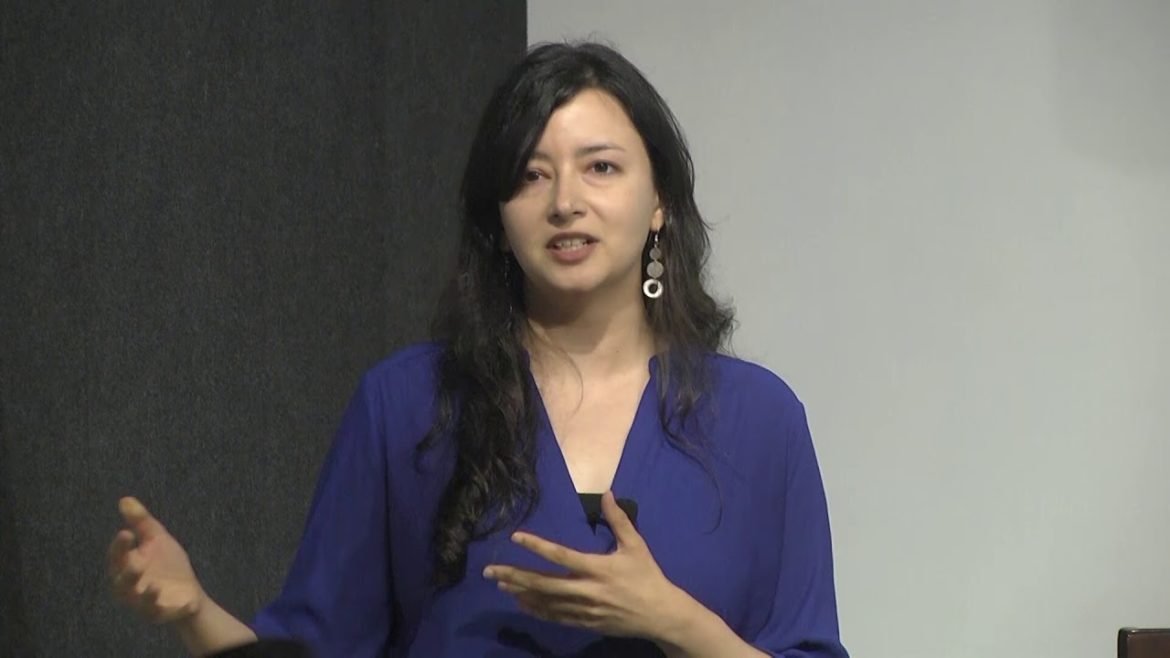A familiar sense of loss, gruesome memories of violence and rude reminders of upheavals have united virtual strangers for a common cause. A motley group of people across the globe are working to create the first of its kind archive of human stories dating back to the Partition of 1947, aptly titled The 1947 Partition Archive. This unique exercise is the brainchild of Guneeta Singh Bhalla, a PhD in Physics and US resident. The archive will essentially be a digital library of oral histories on the Partition that affected the lives of citizens across the Indian sub-continent.
“The effects of Partition continue to haunt the subcontinent. Unfortunately, we have mostly lost our primary sources. We are functioning in a state of urgency as our primary sources are leaving fast. We are using the best of modern communication technology to empower ordinary citizens in the documentation process,” says Bhalla, who visited India in February to collect a few stories. In her early 30s, Bhalla, like most volunteers across the world, is of Indian ethnicity and has deep emotional connections with the Partition.
The lack of teaching and documentation of the Partition propelled the young physicist to take matters into her own hands. “After we moved to the US, we learned about the holocaust in Europe and Hiroshima/Nagasaki but never about the partition, which I knew must be an equally important event. My grandmother had told me stories, and I realised that people didn’t take it seriously when I repeated her stories. They had to hear it directly from her,” says Bhalla.
In 2008, while pursuing research for her PhD in Japan, she came across the oral testimony library at the Hiroshima Peace Memorial. “It was immensely powerful to hear directly from the survivors, more so than reading a book or watching a movie. I knew at that moment what needed to be done for the Partition and how to get stories like my grandmothers’ out there for the world to hear. My grandmother unfortunately passed on long before. But thousands of other grandparents were still alive,” she adds.
Bhalla started archiving stories from 2009 and knowing that she needed others to help in the mammoth task she registered the organisation as an NGO in the US in 2011. Bhalla started filling the rank and file of the organisation with other enthusiasts and The 1947 Partition Archive was eventually registered in several other countries.
Manleen Sandhu, a 24-year-old student of Socio-Cultural Anthropology and Religious Studies at the University of Virginia in the US, is at present in Punjab conducting interviews of survivors. “The knowledge of the fact that my ancestors are originally from a small village called Kana Kaccha outside Lahore sparked my interest in all matters relating to the moment of severance, August 1947, and the long drawn out process of complete separation that ensued,” says Sandhu who has collected over 40 stories and is the only non-volunteer working in the organisation as part of the American India Foundation.
A 36 year-old software engineer, Farhana Afroz mostly collects stories in the San Francisco Bay area in California and has travelled to her birthplace, Bangladesh, as well. “It’s hard to describe why the story collection is compelling to me. Every time I hear a Partition survivor talk about his or her Partition experiences, I feel that a new chapter of history is unfolding before my eyes. It is true that millions had lost their lives, property and most importantly their homes,” says Afroz whose grandfather was born as an Indian and father as a Pakistani. Reena Kapoor, a hi-tech executive living in Silicon Valley and mother to an 11-year-old girl, believes that her own familial history coaxed her to listen to other people’s stories of emigration. Kapoor’s parents were refugees who had to leave Pakistan. “As a volunteer for The 1947 Partition Archive I have interviewed several people to record their stories from this painful, tumultuous time. I consider it a privilege that we can help people tell their stories, especially ones that the world almost forgot, and perhaps help with some of the healing,” says Kapoor.
The organisation has over 120 volunteers who have collected over 500 Partition stories on video from around the world including from India, Pakistan, Bangladesh, Canada, US and UK. The volunteers also teach and train others to conduct interviews and submit the videos online through their portal.
“We are setting our goal at 10,000 stories. Given that millions of people were affected, this is only a small scratch on the surface. Our ultimate goal is education and we want to build a physical and virtual centre of learning and memorials which we envision to be at country borders. We also plan to educate and engage the public in other ways, including lobbying for the inclusion of studies on Partition in K-12 education in US, public exhibits of the stories, essay contests and much more,” says Bhalla

